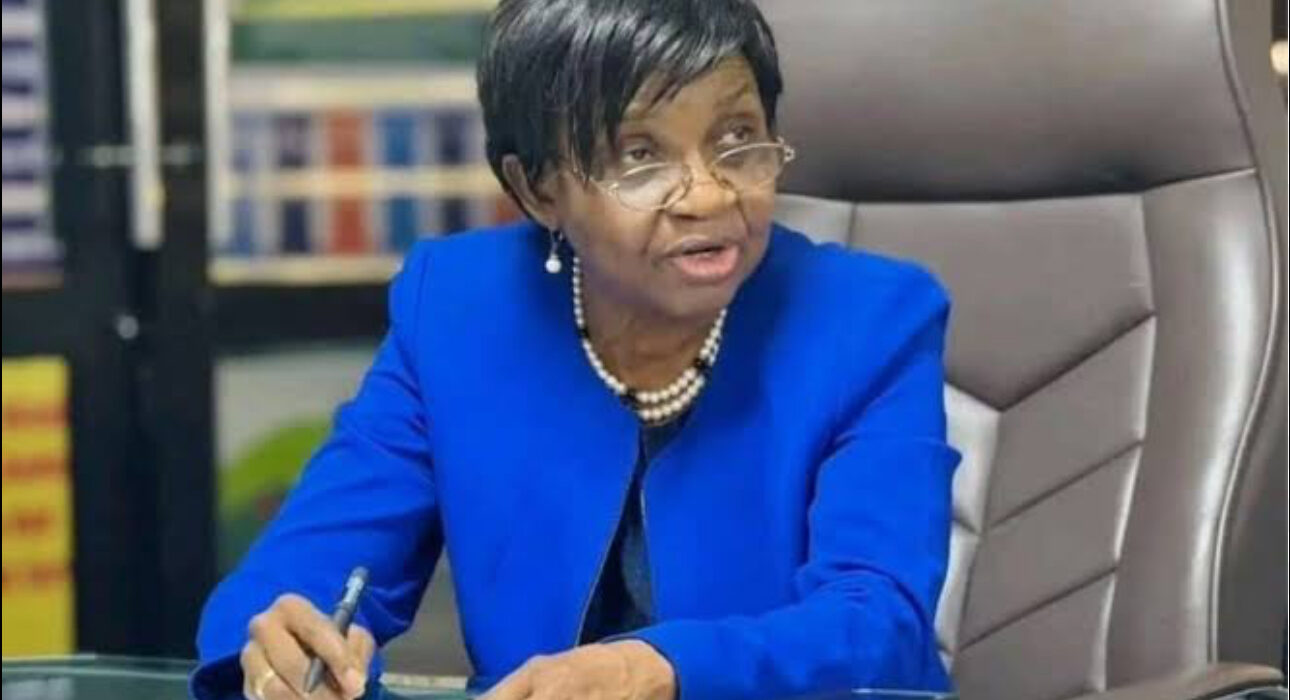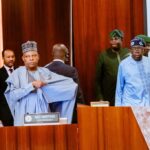Reps Demand Full Breakdown of ₦2.5 Billion Generated from NAFDAC Raids in Lagos, Onitsha, Aba

The House of Representatives Committee on Food and Drug Administration and Control has demanded a detailed breakdown of the ₦2.5 billion revenue reportedly generated by the National Agency for Food and Drug Administration and Control (NAFDAC) from recent enforcement raids in major drug markets located in Lagos, Onitsha, and Aba.
This demand was issued during a hearing where NAFDAC’s Director-General, Professor Mojisola Adeyeye, presented the agency’s report on the operation. According to her, the funds were realized through fines and penalties imposed on traders found selling fake and substandard pharmaceuticals in unregulated markets across the three cities.
Professor Adeyeye stated that ₦996 million of the revenue was spent on logistics and enforcement operations, while ₦159 million came from donor funding to support the initiative. An additional ₦1.175 billion was used for regulatory expenses, leaving just over ₦206 million unspent. However, the agency failed to provide a location-specific breakdown of the revenue, triggering concern from the House committee.
Chairing the session, Honourable Regina Akume, who leads the oversight committee, expressed dissatisfaction with the agency’s inability to account for how much was generated in each of the targeted cities. She stressed that the House expected transparency in the financial report and ordered NAFDAC to return with a detailed, city-by-city analysis of the funds collected and how they were utilized.
The operation, which targeted notorious open drug markets such as Idumota in Lagos, Bridge Head in Onitsha, and Ariaria Road in Aba, led to the closure of approximately 11,000 outlets dealing in counterfeit and unregistered drugs.
NAFDAC, supported by over 1,300 security operatives, seized a large volume of fake medications, including banned substances like Tramadol and several unapproved syrups.
The raids form part of a broader crackdown on the circulation of illegal drugs in Nigeria, a campaign that NAFDAC has described as one of the largest in recent years.
However, the scale of financial recovery and the lack of granular accountability has sparked questions about how enforcement revenues are tracked and reported.
This development adds to the mounting pressure on government agencies to uphold stricter standards of financial accountability, especially in the wake of ongoing investigations into irregularities across several ministries and departments.
The committee insisted that the breakdown must include individual figures from Lagos, Onitsha, and Aba to ensure transparency and compliance with financial reporting expectations.
The House is expected to reconvene on the matter once NAFDAC submits the requested documentation.









